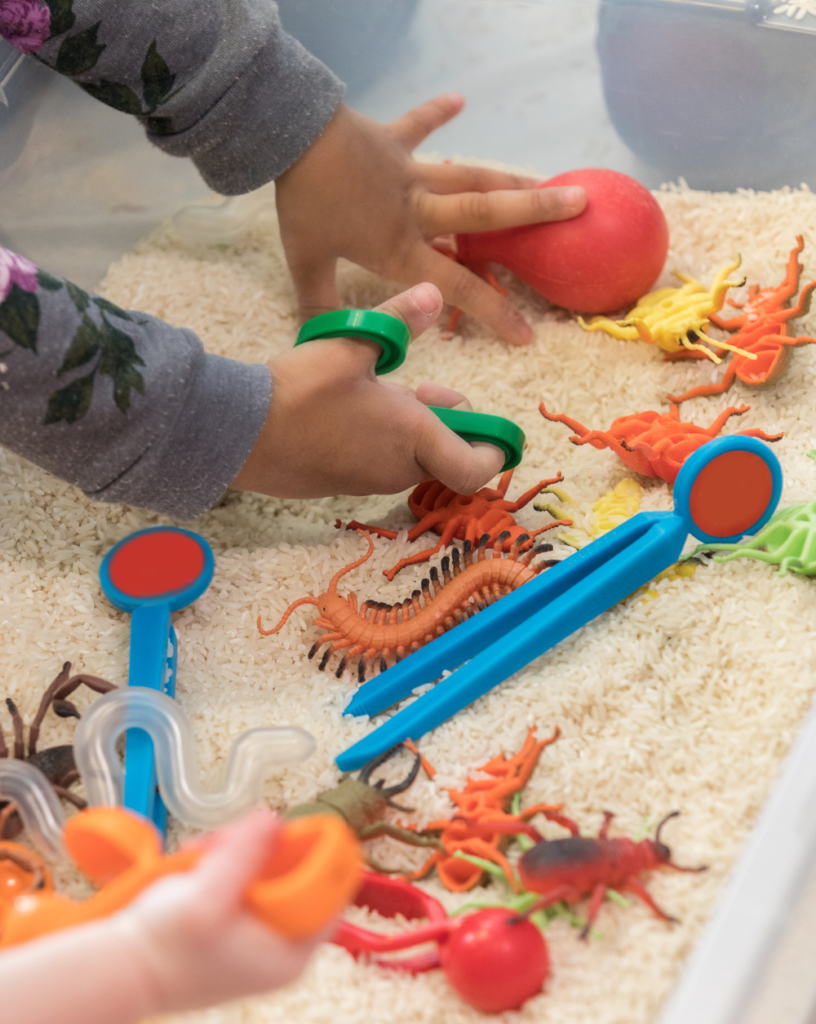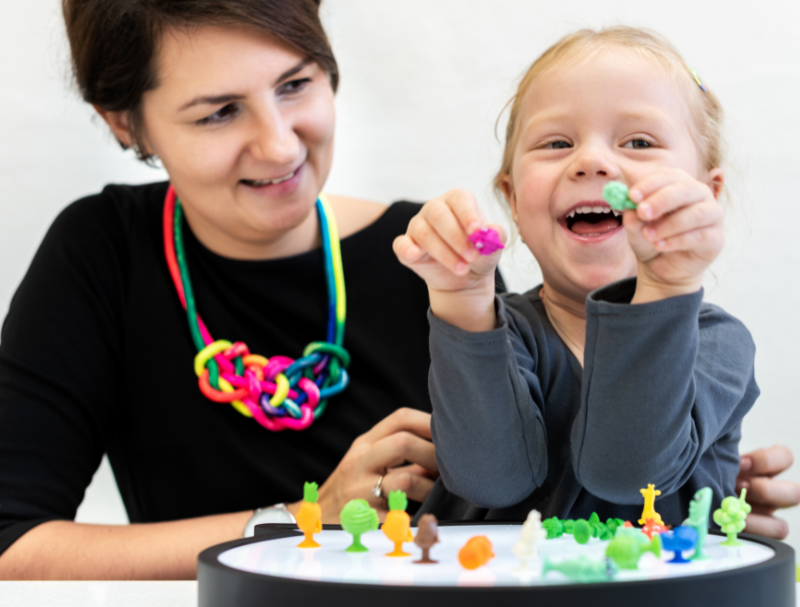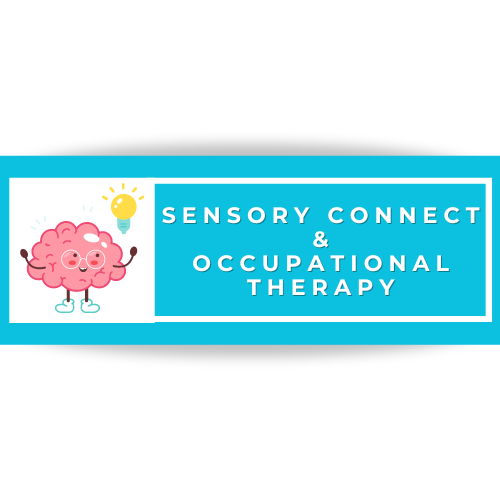
Enhancing Life Through Occupational Therapy With Sensory Processing and Adaptive Activities !!!
Occupational therapy (OT) stands at the forefront of enhancing the quality of life for individuals across diverse spectrums. In particular, it plays a pivotal role in addressing sensory processing challenges, fostering sensory connections, and integrating adaptive activities to promote independent living skills, social relationships, and learning.
Occupational therapy (OT) offers a wide range of benefits across various age groups and populations. Here are some key advantages of engaging in occupational therapy:
OT helps individuals develop the skills and confidence needed to carry out daily activities independently, enhancing their quality of life and sense of autonomy. Through specialized exercises and activities, OT improves motor coordination, strength, and dexterity, enabling individuals to engage in tasks such as writing, dressing, and eating with greater ease.

- ASD children with various behavioural issues due to Sensory Dysregulation.
- School going children with reading and writing difficulties,
- Children with various visual perceptual and auditory sensory processing issues leading to disinterest in academic work, social interaction and participation.
- Children with persistent Primitive reflexes as in ADHD and ASD may have anger issues, benefit from Reflex Integration therapy
Therapy for older children from the age of 8 to 18years.
Sensory Processing and Adaptive Activities
Sensory Processing
Sensory processing refers to how the nervous system receives, interprets, and responds to sensory stimuli from the environment.

Sensory Connection
Sensory connection is essential for individuals to engage meaningfully with their surroundings. Occupational therapists employ various techniques.

Sensory Integration
Sensory integration involves the brain's ability to organize sensory information for optimal functioning structured activities.

Adaptive Activities
Adaptive activities are tailored to meet the unique needs of individuals with physical, cognitive, or sensory impairments.

Social Relationships
Social interaction plays a pivotal role in human development and well-being. Occu-therapists facilitate the development of social skills

Living Skills
Independence in daily living is a fundamental goal of occupational therapy. By honing essential skills such as self-care, time management.

Learning encompasses a broad spectrum of cognitive processes, including attention, memory, and problem-solving.
Occupational therapists collaborate with educators and other professionals to create inclusive learning environments that accommodate diverse learning styles and sensory needs. By integrating sensory-based strategies and adaptive technologies, OT enhances learning outcomes and promotes academic success.
- Promotes Independence
- Enhances Motor Skills
- Addresses Sensory Processing Challenges
- Supports Mental Health and Well-being


Our expert team member will help you

CEO Founder
Lorem ipsum dolor sit am adipi sicing elit, sed do consulting firms to benny for high end row.

Psychologists
Lorem ipsum dolor sit am adipi sicing elit, sed do consulting firms to benny for high end row.

Therapists
Lorem ipsum dolor sit am adipi sicing elit, sed do consulting firms to benny for high end row.

Psychologists
Lorem ipsum dolor sit am adipi sicing elit, sed do consulting firms to benny for high end row.
Enhancing Learning Through Occupational Therapy
Latest news & articles directly coming from blog
10 signs you should know about
It is a long established fact that a reader will be distracted by the readable content of a page when looking at its layout. The point of using Lorem Ipsum







